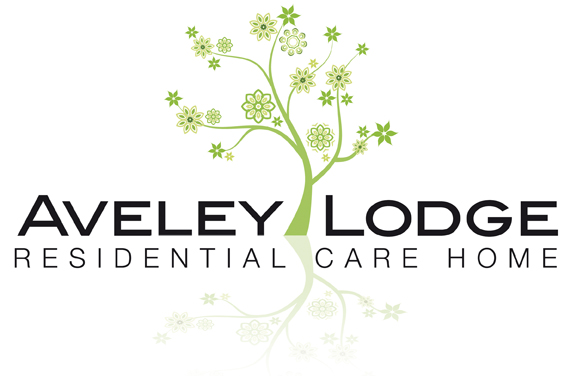Contact with pets has positive effects on people with dementia
From an aquarium installed in a residential home to visiting dogs, animals have been shown to have a beneficial effect on people with dementia.
It seems, that all kinds of creatures have the desired effect, whether they are fish, birds, cats or dogs.
On the whole, animals are friendly and non-threatening and their presence can stimulate interaction in a way that often does not happen with other people.
Numerous studies have shown that the benefits to dementia patients are wide ranging:
Improved mood: depression and sadness are common risks among people with dementia and it seems that interaction with dogs particularly can reduce feelings of anxiety and sadness and can increase physical activity and positive emotions.
Calming: the confusion and anxiety of dementia can sometimes cause people to become very agitated and here again, contact with a pet can help.
Reduced behavioural problems: not surprisingly, given the calming effect, researchers have found that the presence of a resident dog, rather than a visiting dog, can significantly reduce challenging behaviour.
Improved nutrition: perhaps the most surprising research result of all found that in a facility where there was an aquarium, food intake and weight increased among residents with dementia and they needed fewer dietary supplements.
Researchers have long advocated the positive health benefits of pets. They have found evidence of lower blood pressure, heart rate and stress hormones and boosted levels of serotonin, the “feel-good” hormone in those who are in regular contact with a pet. It doesn’t seem to matter whether it is an animal such as a dog or cat, that is likely to interact with a human, or birds and fish in aviaries or tanks.
However, when introducing elderly residents in care homes to pets there are some basic safety precautions to follow.
The animal needs to have a calm temperament and if it is a visiting animal, care should be taken to ensure it is clean and healthy and that all its vaccinations are up to date. Interactions with residents need to be monitored both for the sake of the animal and the human, to ensure that they do not get agitated or over-stimulated and that the person is in the right, receptive mood to be with an animal.
We currently have a tropical fish aquarium and an outdoor pond stocked with koi carp. The residents can get involved with feeding if they like but for hygiene reasons we clean the tanks. We also have 2 budgies, Donut and Custard, who entertain the residents. Again, we keep their cage clean but the residents love interacting with the budgies.
We used to have a couple of cats and a dog that lived at Aveley many years ago but due to changes in legislation particularly Health and Safety and infection control, sadly we are unable to accommodate pets such as these anymore.
Also, we have to consider the practicalities of having such pets in the home, such as maintaining their upkeep, any veterinary treatment and the practicalities of what happens to such a pet after someone passes away.
However, we are more than happy for pet dogs (or any other pet where appropriate) to continue visiting residents here at Aveley provided they are well-behaved and clean as we feel it’s important for our residents to continue these friendships.
We also have monthly visits from the charity Pets As Therapy’s dogs and often have visiting birds and animals for displays and for petting purposes.



